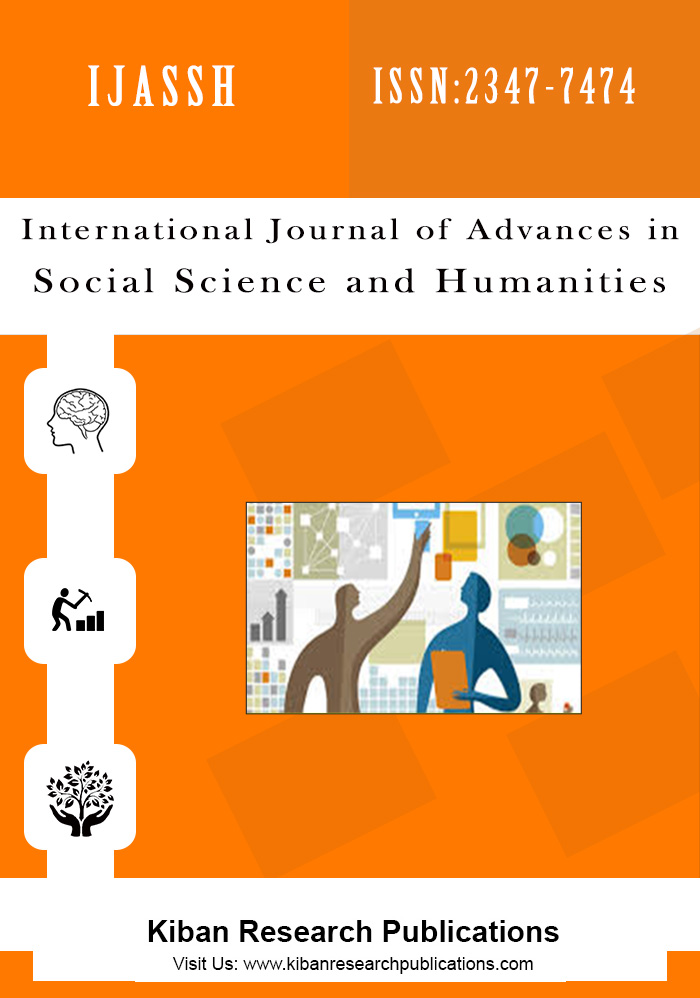The Republic of the Philippines BID for Observer Status at the OIC: Motivations, Challenges and Opportunities
Abstract
The Organization of Islamic Cooperation (OIC) (called the Organization of the Islamic Conference until 2011), has played a significant role in helping to maintain contact and mediate between the Government of the Philippines and Muslim (Moro) rebel groups in the southern Philippines for more than four decades now. In 1977, the main insurgent group, the Moro National Liberation Front (MNLF) was admitted to the OIC as an ‘observer organization’, a unique status that gave it de-facto diplomatic clout and recognition as the premier international representative of the ’Bangsamoro’ community. In 2003, the Philippines government began exploring how it could gain similar status within the IOC, an aim it has pursued every year since. However, the MNLF has successfully lobbied against Philippines accession. Since this time, the Philippines Government has entered into a comprehensive peace process with the MNLF-breakaway Moro Islamic Liberation Front (MILF), again brokered by the OIC, in cooperation with Malaysia. By some accounts, only a few OIC member states now oppose admitting the Philippines, although such a move continues to draw opposition from both the MNLF and the MILF. The Government of the Republic of the Philippines continues to pursue observer membership as a matter of diplomatic priority. This paper considers the following questions:
ï‚· Who and what motivates the Philippine government to apply for the observer status at the Organization of the Islamic Conference (OIC), in other words, what do we want?;
ï‚· Why has the OIC rejected the Philippine government application several times? What are the challenges to this application? And,
ï‚· What opportunities and benefits would the Philippines expect to gain by observer membership of the OIC?




